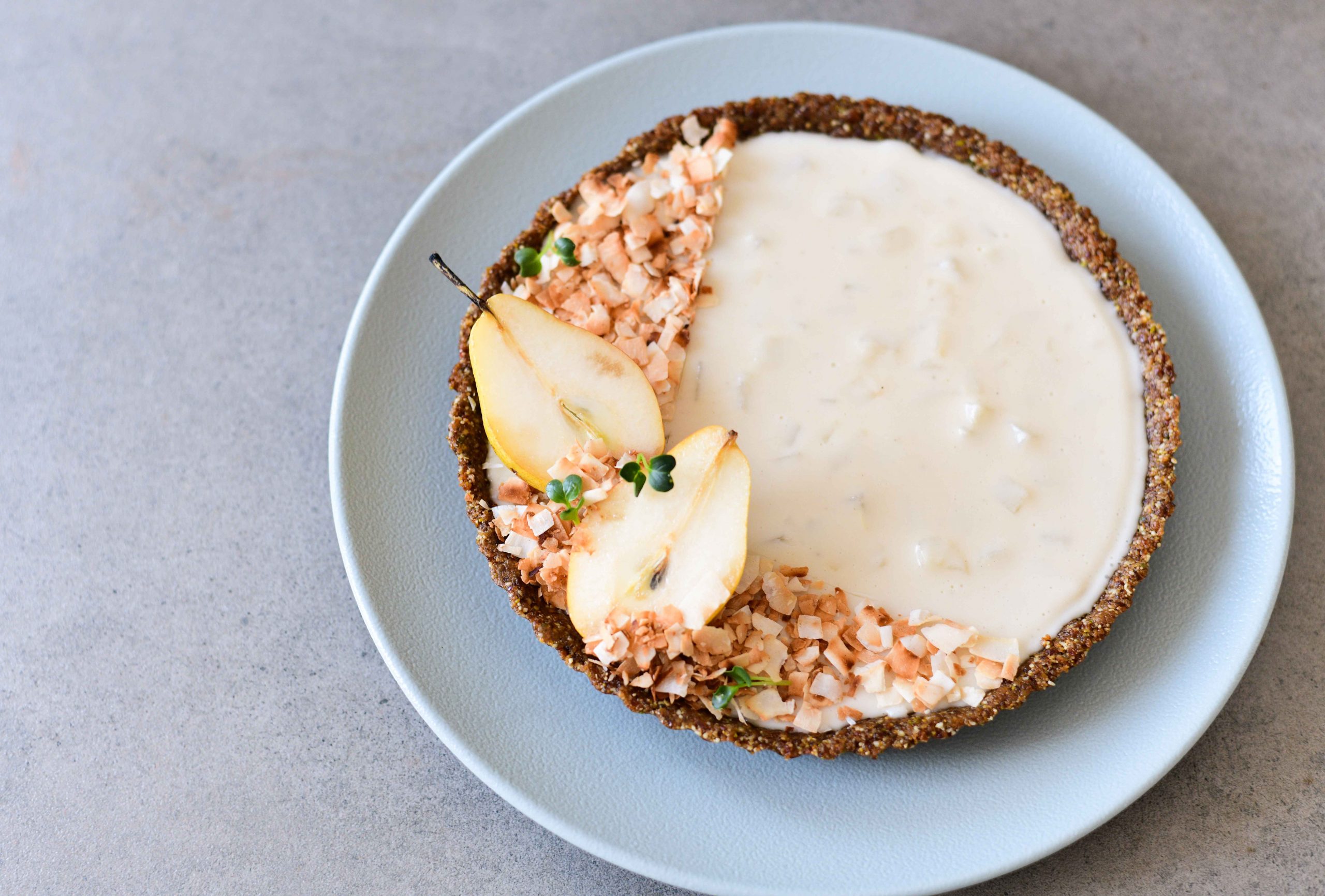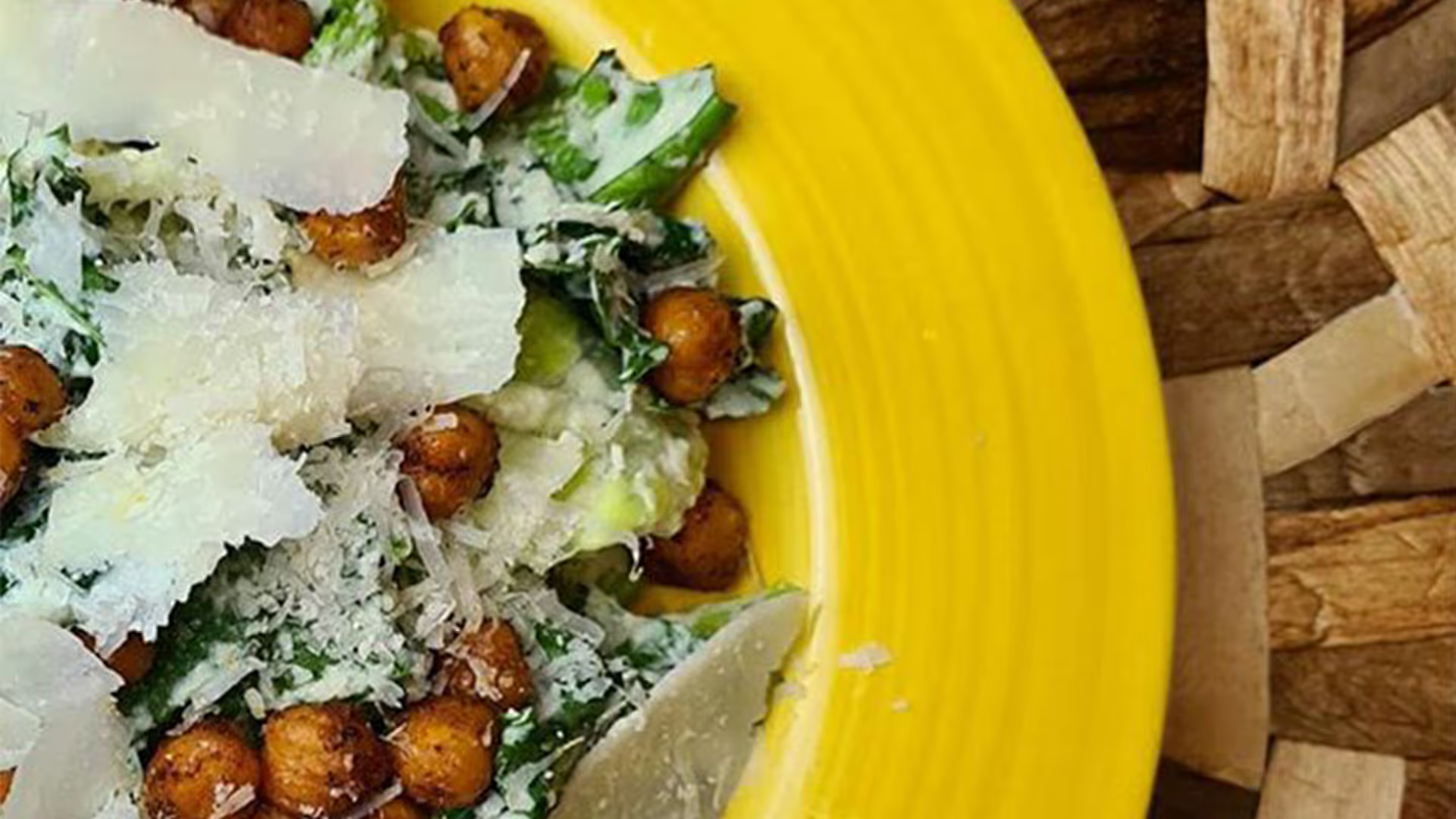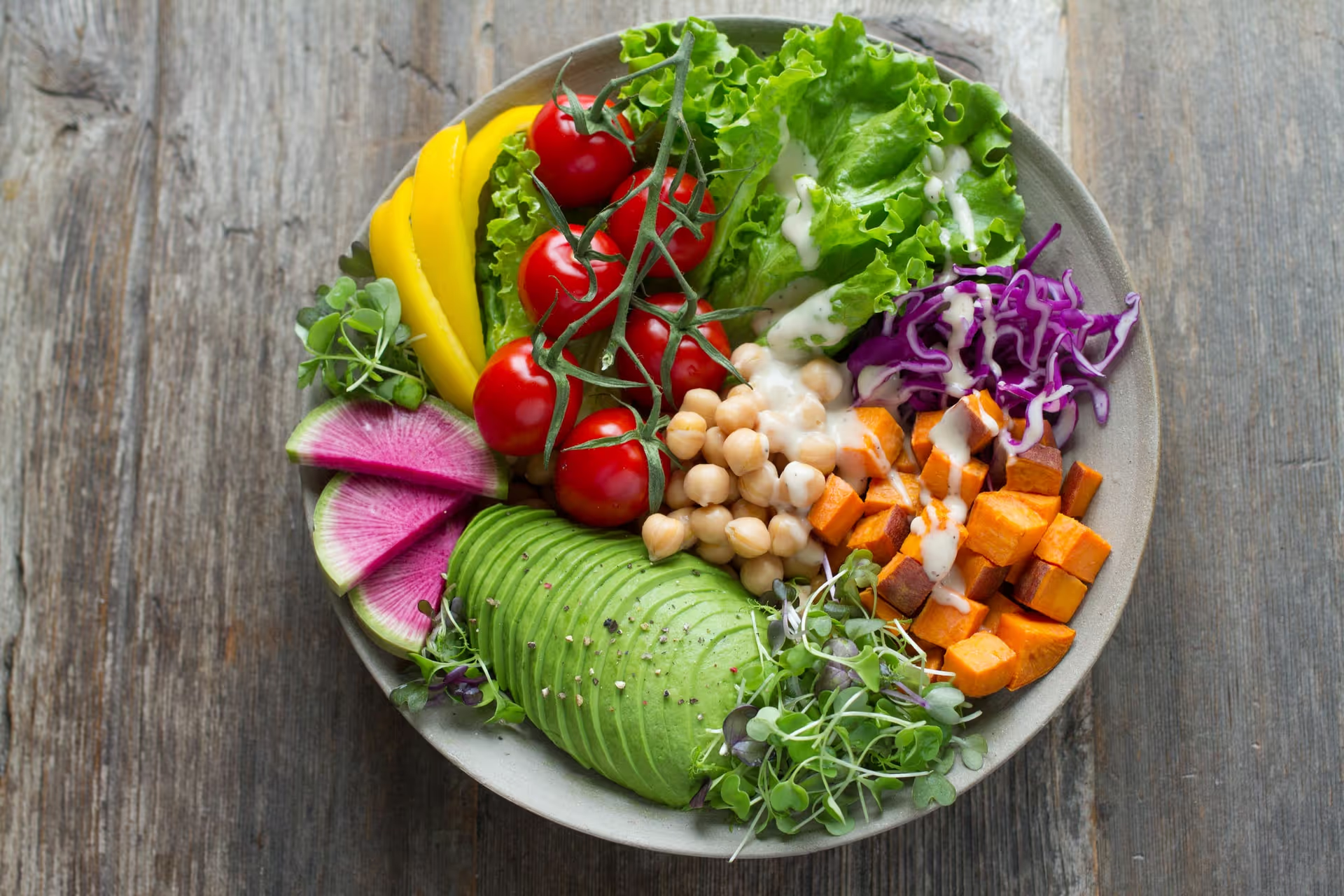Probiotic, for most of us, is a health tag that is mostly attached to yoghurt. We think we are getting a good supply of probiotic health boost by including yoghurt in our diet. But is that really the case?
Probiotics have been in the spotlight over the last few years as an important dietary intake for a healthy digestive and immune system. Whether you’re looking for natural foods with probiotics or boosting your nutrition with probiotic supplements, this topic seems to always be in the spotlight.
With so much focus on health and nutrition everywhere you look, it’s important to understand the essence of probiotics and how they benefit you. Here, ICCA Dubai’s top chefs have put together a quick but comprehensive guide to help answer this very question.
What are Probiotics?
The term Probiotics comes from pro and biota, meaning "for life". Foods or supplements that contain live and active cultures of microorganisms intended to maintain or improve the "good" bacteria (normal microflora that naturally lives in our bodies) are termed probiotics.
Since the mid-1990s, clinical studies have shown the potential benefits of probiotics in the prevention and treatment of diarrhoea, irritable bowel syndrome, ulcerative colitis, Crohn's disease, ulcers, urinary tract infections, and digestive tract infections.
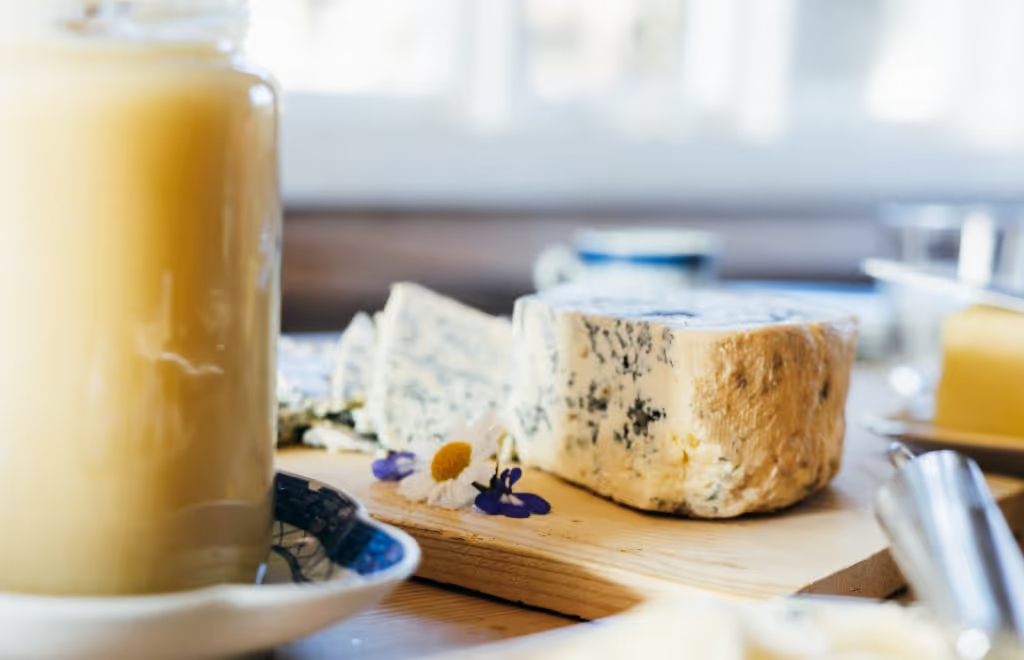
Where are probiotics found?
Although you can take probiotic supplements, we favour bringing you tips to help improve your health and wellbeing using natural foods.
Probiotic yoghurt is probably the most commonly searched type, but there are many, many more foods that naturally contain these cultures! Here is our list of naturally available healthy foods with probiotics.
- Yoghurt: Made from pasteurised milk that has been fermented by gut-friendly bacteria, yoghurt is one of the best sources of probiotics and easier to digest than milk or other dairy products. It’s important to keep in mind though that not all yoghurt contains live probiotics. Sometimes, pasteurising yoghurt after it is made kills the probiotics in it. For a store-bought brand, the key is to look out for labels that indicate the probiotics in it are still active. Otherwise, you could just make your own probiotic yoghurt at home.
You can always try one of these yoghurt-based recipes at home.
- Cheese: Loaded with proteins and important minerals, cheese is classified as fermented food and hence a good source for probiotics. Gouda, mozzarella, cheddar and cottage cheese allow good bacteria to survive their aging process, making them some of the best cheeses to help promote gut health. Remember to check the label for live and active cultures when you buy your next batch.
- Buttermilk: A drink consumed mainly in the Indian sub-continent, it is simply the leftover liquid from making butter or the whey that appears on top of yoghurt. Only buttermilk made in these manners contains probiotics. Unfortunately, cultured buttermilk, like the ones found in supermarkets, generally do not have any probiotic benefits.
- Kimchi: A fermented Korean favourite made with cabbage or other vegetables, Kimchi is another excellent source of probiotics. It can be eaten as a side dish or even combined with other food to help boost your gut bacteria.
- Pickled Gherkins: Made by putting cucumbers in a solution of salt and water and allowing it to ferment, pickles are a great source of healthy probiotic bacteria. Keep in mind that they are high in sodium, so moderation is key here.
- Kefir: Made by adding kefir grains to milk, this is a fermented drink linked to several health benefits. It is also hailed as actually being better than the best probiotic food – yoghurt, because it contains several major strains of friendly bacteria and yeast, making it a diverse and potent food.
- So, there you have it – a list of healthy probiotic foods you can start to incorporate into your daily meal plans to ensure a healthy and active digestive system. Of course, if you cannot find any good probiotic brands in your nearby supermarket, you can, in a pinch, try probiotic supplements. But wherever possible, we’d always recommend the natural options!
Want to receive more such insights in your inbox? Sign up for the ICCA Morning Post!



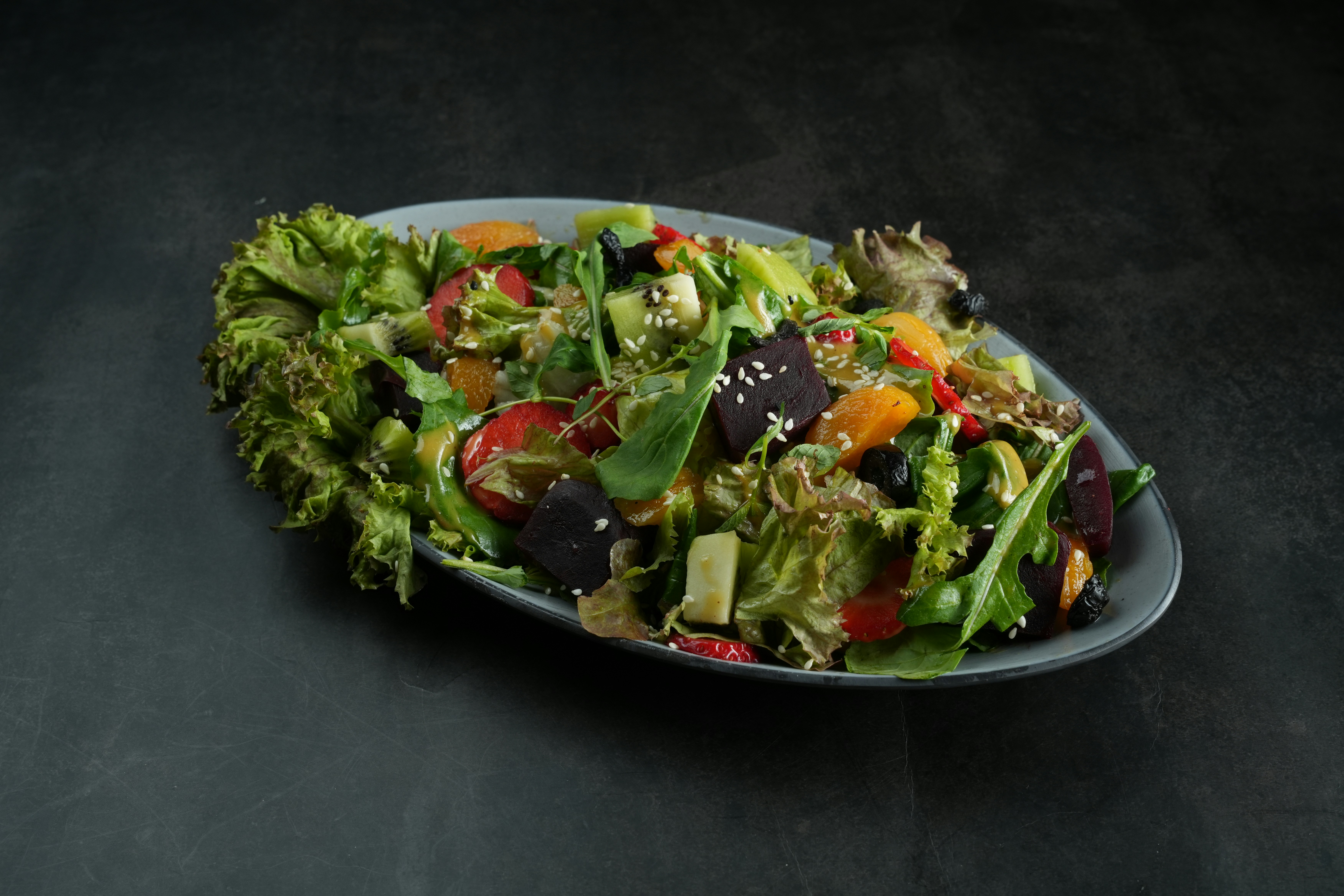
-min.jpg)

